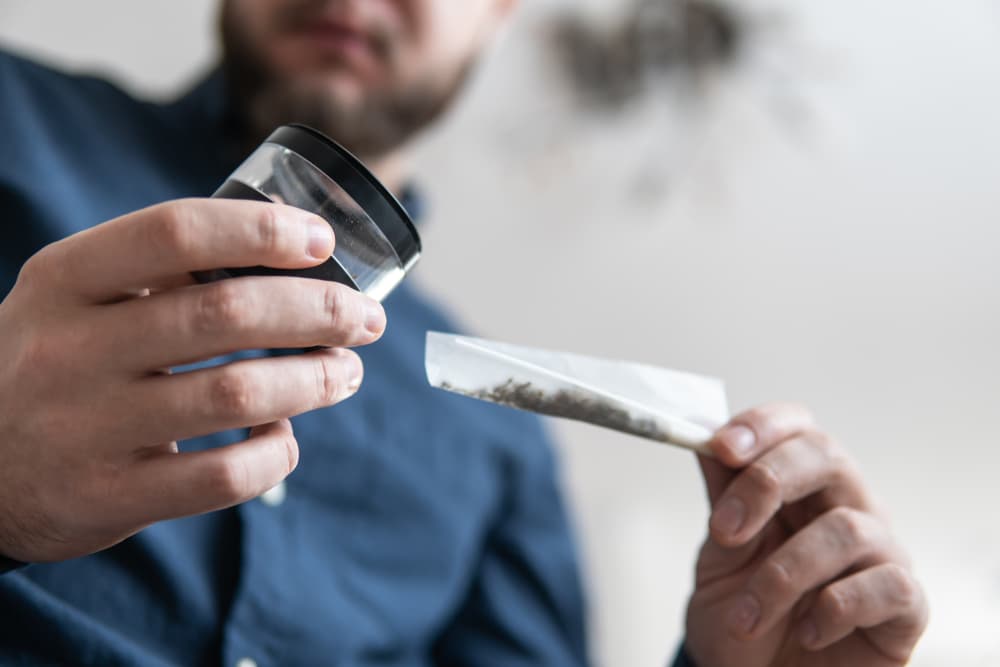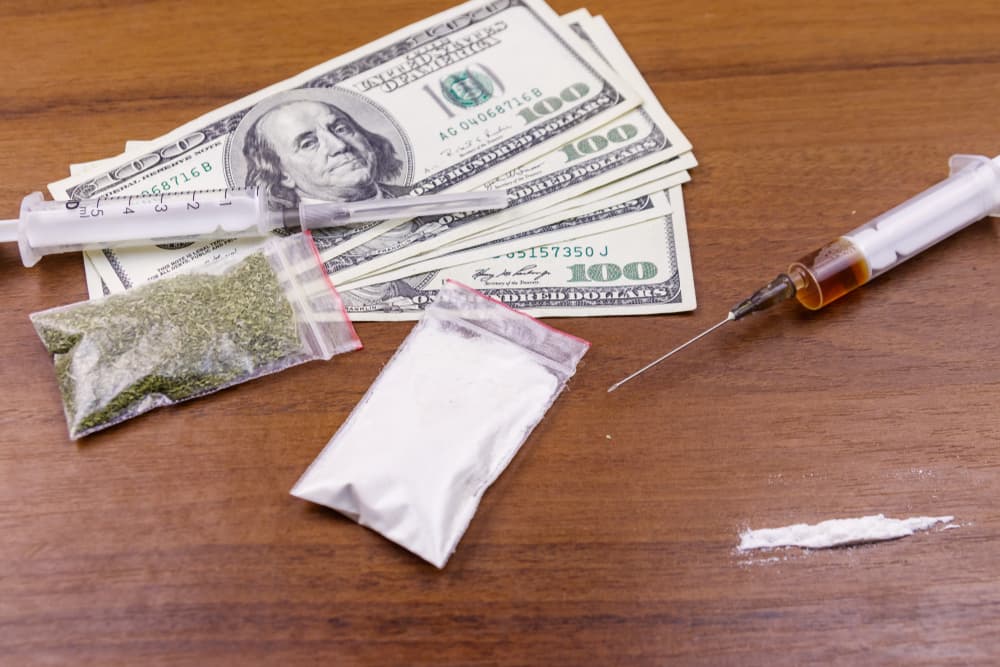Possessing drug paraphernalia is a serious criminal offense in Texas. Upon conviction, an individual may face various penalties, including monetary fines and jail time.
If you are currently pending a criminal charge for possession of drug paraphernalia, speak with an experienced drug possession lawyer in Abilene, Texas, today. Your attorney can swiftly evaluate your available legal options, handle every step of the process for you, and represent you during all proceedings in the criminal court system. Your lawyer will aggressively fight for your rights and secure the best possible result in your case.
What are the Legal Elements of Possession of Drug Paraphernalia?
In Abilene, Texas, possession of drug paraphernalia refers to the ownership, control, or use of items primarily intended for the consumption, production, or concealment of illegal drugs. Drug paraphernalia can encompass a wide range of objects, including but not limited to pipes, bongs, syringes, scales, and containers used to store drugs.
The Texas Health and Safety Code defines drug paraphernalia as any equipment, product, or material that is intended for use or designed for use in ingesting, inhaling, or otherwise introducing controlled substances into the human body.
Possession of drug paraphernalia is typically charged as a misdemeanor offense in Texas, punishable by fines – and potentially incarceration. To establish possession of drug paraphernalia, the prosecution must demonstrate that the accused individual (or defendant) knowingly exercised control or dominion over the items in question. This can include actual possession, where the paraphernalia is on the defendant’s person (or within their immediate reach area), and constructive possession, where the paraphernalia is in a location under the defendant’s control, such as their home or vehicle.
In some cases, the mere presence of drug paraphernalia may be sufficient to establish possession, even if there are no drugs present. However, the prosecution must still prove that the defendant had knowledge of the presence of the paraphernalia and intended to use it for illicit drug-related purposes.
Potential Defenses to a Drug Paraphernalia Possession Charge in Texas
In Texas, individuals charged with possession of drug paraphernalia have several legal defenses available to challenge the allegations. These defenses aim to cast doubt on the prosecution’s case and protect the defendant’s rights. Here are some of the most common legal defenses to possession of drug paraphernalia in Texas:

- Lack of Knowledge – A defendant may argue that they were unaware of the presence of drug paraphernalia or that they did not know the items in question were intended for drug-related purposes. Establishing a lack of knowledge can be a viable defense, particularly if the paraphernalia was found in a shared space or belonged to someone else.
- Lack of Intent – The prosecution must prove that the defendant intended to use the paraphernalia for illicit drug-related purposes. A defendant may assert that they had no intention of using the items for drug consumption, production, or concealment, thereby challenging the element of intent required for a conviction.
- Unlawful Search and Seizure – If law enforcement officers obtained the drug paraphernalia through an unlawful search or seizure, the evidence may be deemed inadmissible in court. Defendants can challenge the legality of the search by demonstrating that the officers violated their Fourth Amendment rights by searching without a warrant or probable cause.
- Mistaken Identity – In cases where multiple individuals had access to the location where the drug paraphernalia was found, a defendant may argue that they were mistakenly identified as the possessor of the items. This defense hinges on casting doubt on the prosecution’s ability to prove (beyond a reasonable doubt) that the defendant was the one in possession of the paraphernalia.
- Medical Necessity – In rare cases involving medical marijuana or prescription drug use, a defendant may assert a defense of medical necessity, arguing that they possessed the paraphernalia for legitimate medical reasons prescribed by a licensed physician.
By employing these legal defenses, defendants charged with possession of drug paraphernalia in Texas can challenge the allegations against them and seek to obtain a favorable outcome in their case. Consulting with an experienced criminal defense attorney is essential in identifying the most effective defense strategy based on the case's specific circumstances.
Potential Penalties for Possessing Drug Paraphernalia in Texas
In Texas, possessing drug paraphernalia can result in various penalties depending upon the circumstances of the case and the defendant’s prior criminal history (if any). The penalties for possession of drug paraphernalia are outlined in the Texas Health and Safety Code and can include fines, probation, and incarceration.

Possession of drug paraphernalia is typically classified as a misdemeanor offense in Texas. A Class C misdemeanor – the lowest level of misdemeanor – may result in a fine of up to $500 with no jail time.
However, possession of drug paraphernalia is often a Class A or Class B misdemeanor, which carries more severe penalties. A Class B misdemeanor for possession of drug paraphernalia can result in a fine of up to $2,000 and/or up to 180 days in jail. This penalty may apply to a first-time offense or if the defendant has a prior criminal record.
A Class A misdemeanor, the most serious misdemeanor offense, can result in a fine of up to $4,000 and/or up to one year in jail. This penalty may apply to repeat offenses – or if the defendant possesses drug paraphernalia in certain locations, such as drug-free zones near schools or playgrounds.
In addition to fines and incarceration, individuals convicted of possessing drug paraphernalia in Texas may face other collateral consequences, such as probation, community service, drug education classes, or a requirement to undergo drug testing.
Furthermore, a conviction for possession of drug paraphernalia can have long-term consequences, including a criminal record that may affect employment opportunities, housing options, and professional licenses.
Overall, the potential penalties for possessing drug paraphernalia in Texas underscore the seriousness of the offense and highlight the importance of consulting with an experienced criminal defense attorney as soon as possible.
Speak to a Criminal Defense Lawyer in Abilene, Texas Today
If you are currently facing criminal charges for possession of drug paraphernalia, you must have a knowledgeable defense attorney on your side representing you at every stage of the game. A skilled criminal defense attorney in Abilene, Texas, can review the circumstances of your charge and arrest and determine your best options. Your attorney can also represent you during all criminal court proceedings and aggressively advocate for your rights and interests.
